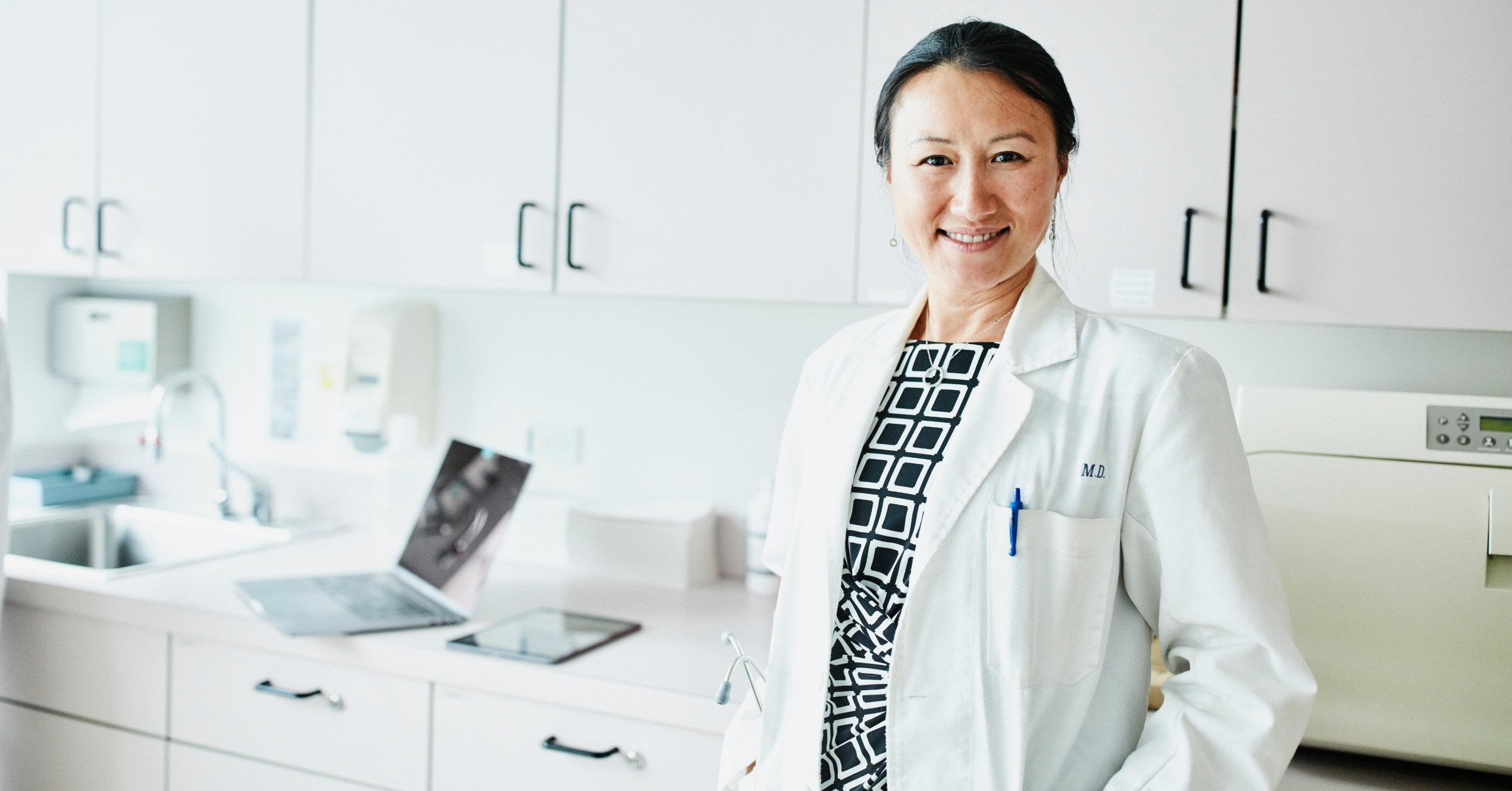Search for topics or resources
Enter your search below and hit enter or click the search icon.
August 27th, 2024 | 1 min. read

By TIM FLACH — tflach@thestate.com
LEXINGTON COUNTY, SC — Lexington County is moving to open a medical clinic for its 1,400 workers by Jan. 1.
The plan – similar to what Columbia and some companies do – can save money and provide quicker service for basic health care, county leaders say.
It also could lead to incentives for employees to lose weight and quit smoking, although none of that has been decided.
County Council agreed last week to hire Marathon Health to set up and start the clinic, including a pharmacy for medicine. The company, one of eight firms bidding for the deal, will be paid $730,000 a year initially.
A site for the facility remains to be chosen, with the cost of renovation undetermined.
The plan is “bringing health care in-house,” county administrator Joe Mergo said.
Supporters say at-work clinics are convenient, cheaper and simpler for workers.
The move also is necessary to cope with the federal health care requirements coming next year that threaten to drive up the cost for such coverage, Councilman Todd Cullum of Cayce said.
Those requirements could add nearly $2 million initially to a tab for county employee medical costs that average $10 million a year, he said.
County employees pay from $147 to $632 per month for coverage, depending on whether it is just for themselves or for family members as well.
It’s too soon to say how those fees may change, council members say.
On its Web site, Marathon Health pledges personalized care that “makes it easier to be a healthier person.”
Such clinics concentrate on things providing help with colds, offering immunizations and assisting with conditions like diabetes and asthma. People with major illnesses are referred to specialists.
The change promises to be a winner for employees and taxpayers, council chairman Bill Banning of West Columbia said.
Savings for both are likely to be “pretty significant,” he said, but offered no estimate.